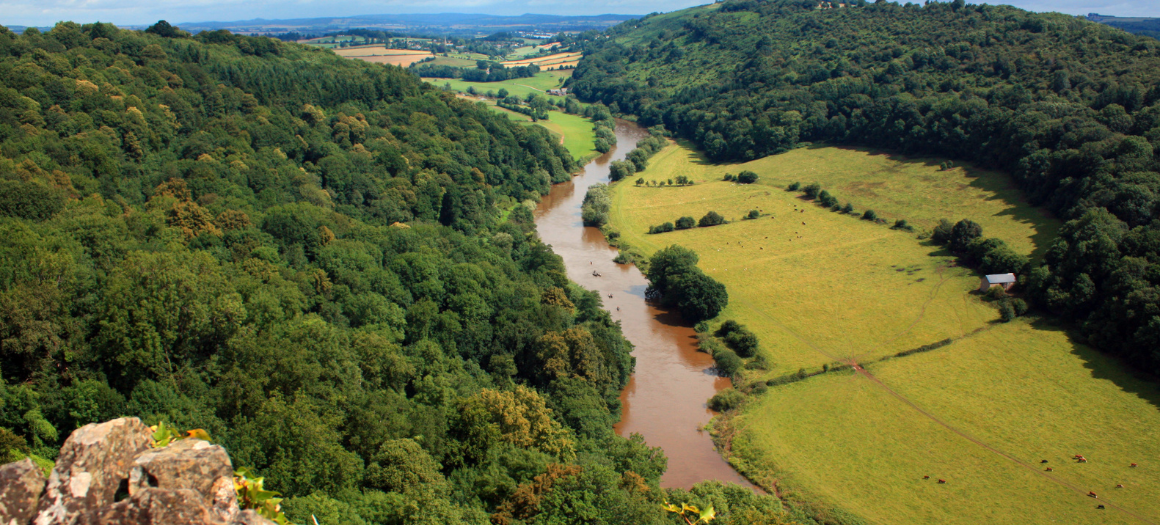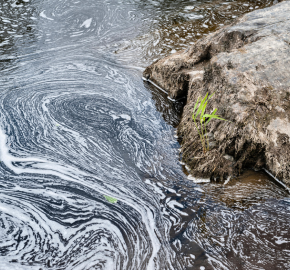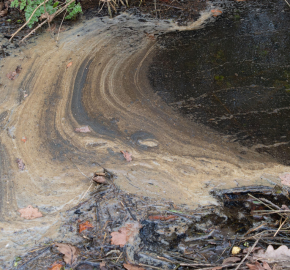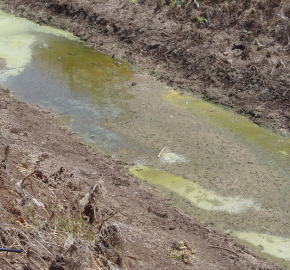The River Wye: a golden opportunity for regulators to catch up…

It’s no secret that the Wye is one of our most polluted rivers. As the decline of the river continues, it was reported in August that Avara’s “supply chain will no longer sell litter from poultry units to be used as fertiliser on fields within the river catchment because of the impact it has on water quality”.
This is, on the face of it, some good news for the Wye.
Obviously, there are caveats. How much chicken manure is not ‘sold’? And if not ‘sold’, does that still get to spread within the Wye catchment?
It’s also noteworthy that this news only covers Avara’s supply chain. Avara is very big, but it is not the only show in town. Avara says it is trying to “set an example to others”. Let’s take that at face value for now
All of this begs the question, why have the Environment Agency (EA) in England and Natural Resources Wales (NRW) in Wales not acted before now?
Why do we have to wait for corporate ‘generosity’ to bubble to the surface under waves of public protest?
Whatever the reason, the good news for the EA and NRW is that they now have a golden opportunity to catch up, to make Avara stick to its promises and, importantly, to spread this newfound ‘responsibility’ to all producers in the catchment.
WildFish believes that the EA and NRW should now make it a regulatory requirement for all producers in the Wye intensive poultry sector to deliver what, under public pressure, Avara says it will now require from its suppliers.
How this works within a legal framework
To make this a regulatory requirement, the EA and NRW should seek an early amendment from their respective Governments to the Environmental Permitting Regulations to reduce in the EPR ‘bird limit’. This would to catch all significant farms within the environmental permitting regime, and not just the very largest units.
Once under ‘permitting’, the EA and NRW should apply new EPR permit conditions on all poultry units to control where the chicken waste goes. In effect, this would require compulsory export of all chicken waste-derived phosphate from the Wye catchment for the foreseeable future, as the RePhokus report suggests is required to start to turn the catchment’s problems around.
Of course, the EA and NRW would then need to ensure there is proper monitoring, inspection and enforcement of intensive poultry units, to make sure these new permit conditions are met. The costs of that should, as the law in fact requires, be paid for by increased EPR permit charges, with those charges set at a level that completely re-coups (no pun…) the costs of the EA and NRW being able to do their jobs properly.
The politics of increasing costs for poultry producers
In the end it boils down to whether we will all pay a little more for meat and eggs produced in the way they are in intensive chicken units in the Wye catchment. The alternative is we look the other way and continue to allow the long-term health of the Wye to pay the price instead.




Makes sense – I met a farmer locally last Sunday by the river who has just STARTED putting chicken muck on his farm near Hereford because it is suddenly so cheap! He was lamenting the state of the river but felt he had no alternative to try and keep his farm viable. As he said we need legislation not guidance from government.
Thanks to all who work for a cleaner river. We must keep up the pressure.
Rules with no enforcement are just hopeless. The meeting withJesse Normam was interesting and it seems that EA has enough funding so why do we get this inability to enforce it.
At least Avara has taken some responsibility now…lets hope the others follow